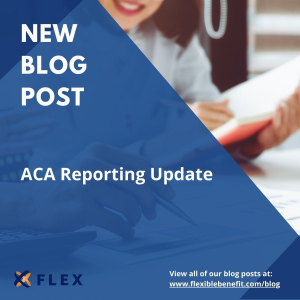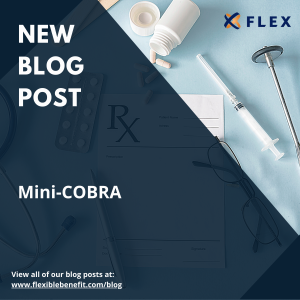level-funded plans
The reporting requirements of the Affordable Care Act (ACA) are quickly approaching. Employers subject to the Employer Mandate should prepare to submit Forms 1094-C/1095-C to the Internal Revenue Service (IRS) by April 1, 2024. Employers not subject to the Employer Mandate but who offer a self-funded plan, including level funded plans and Individual Coverage Health Reimbursement Arrangements (ICHRAs) should be prepared to submit Forms 1094-B/1095-B to the IRS by this same date.
“Mini-COBRA” is a term commonly used for states that have passed a law to require continuation of coverage rights for group insurance plans that are regulated by the state. Most commonly, Mini-COBRA applies to fully insured medical plans and Health Maintenance Organizations (HMOs). A handful of states also extend continuation of coverage rights to fully insured dental and/or vision plans, and one state (Minnesota) extends continuation of coverage rights to group term life insurance.
Do you remember the days when employers could change from a $500 deductible plan to a $5,000 deductible plan and save 40-50% on insurance premiums? Then those same employers would offer a Health Reimbursement Arrangement (HRA) to cover most or all the deductible increase for employees who have chronic conditions or who experience unexpected medical events. The net result provided employers with significant savings while providing employees with substantially similar benefits. Those days still exist.
As a small group health insurance producer, you are always looking to provide your employer clients with the best possible coverage at the lowest possible price. With the Affordable Care Act (ACA) mandating coverage for specific benefits and driving up premiums, this can sometimes be an uphill battle. There are a few different types of group health plans available, and it’s up to you to determine which option is best for your clients.





